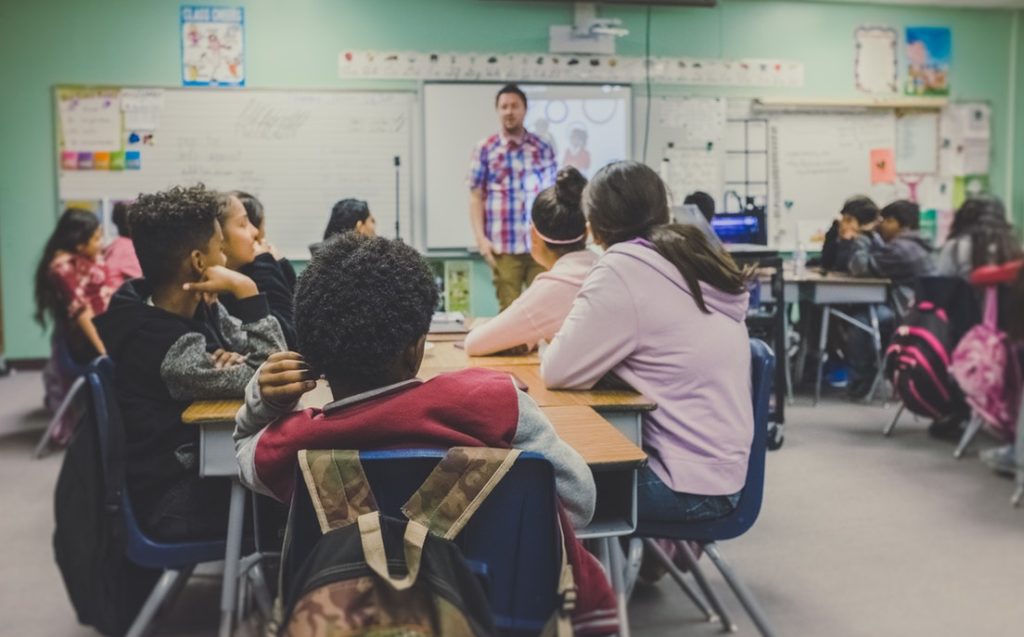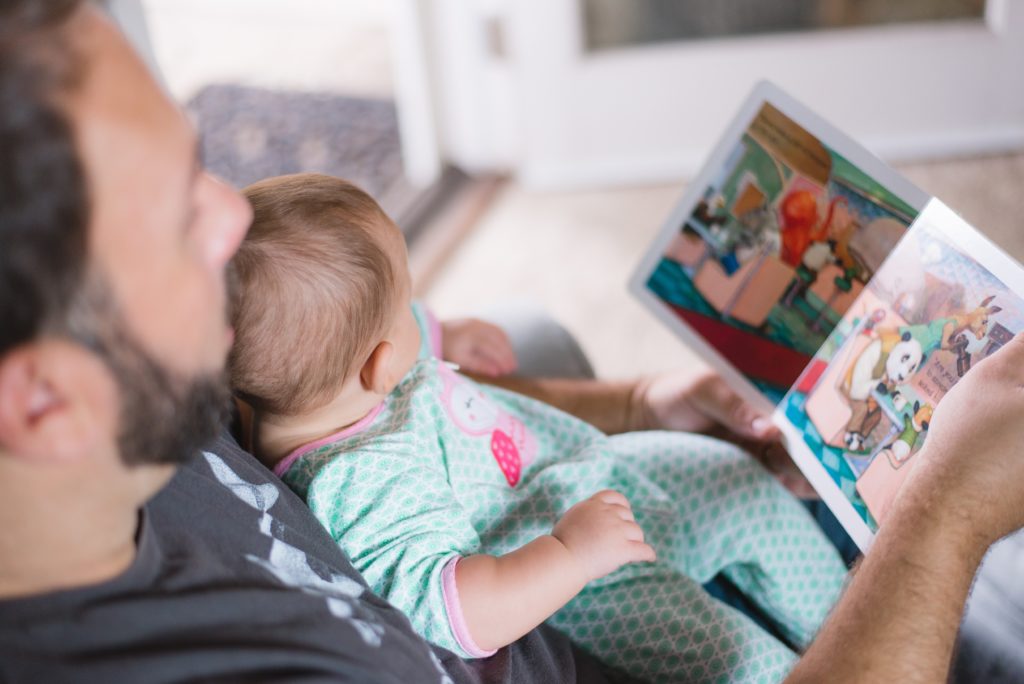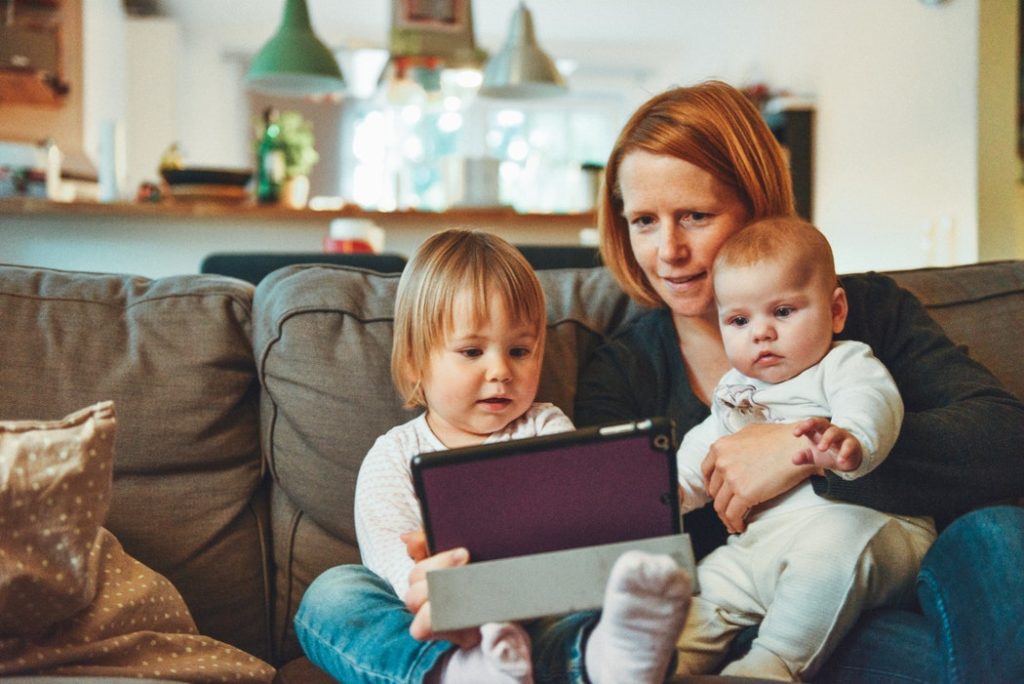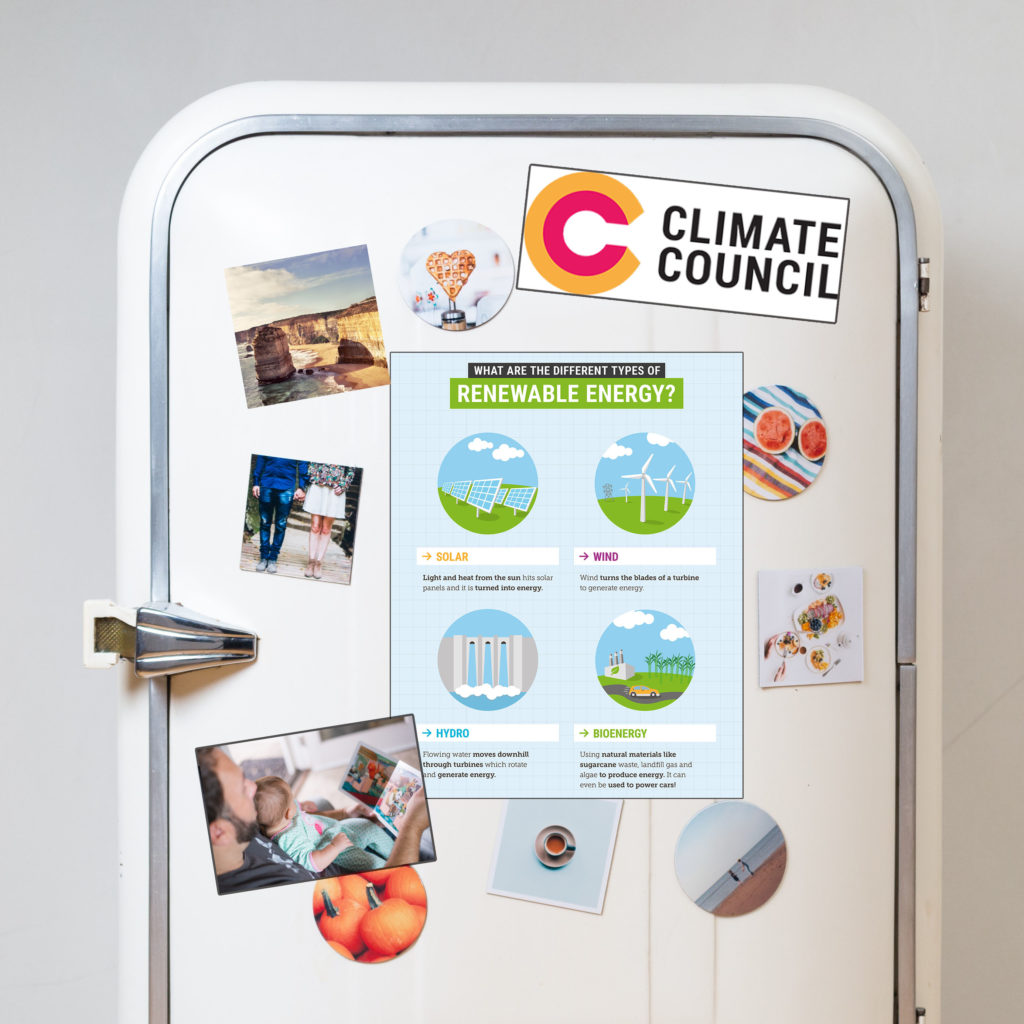The Climate Council is celebrating National Science Week by sharing fun and engaging resources, in a bid to help young Australians understand climate change and what they can do to help.
Our National Science Week resources aim to equip teachers, parents, school communities and the education sector with tools to educate future generations on the impacts such as extreme weather events, along with solutions to help tackle climate change, including renewable energy and energy storage.
Often the topic of climate change can leave people, young and old, feeling overwhelmed and helpless. These resources will simplify climate education and empower teachers and parents to show, share and educate the little people in their lives.
How?
You can find everything you need here in our National Science Week Resources Pack which includes fun and simple videos along with infographics based on the latest science available, suitable for both primary and secondary school children.
We invite you to share these resources with your colleagues, classrooms, families, and friends. They all fall under creative commons licensing which means they are free to be shared online, printed and used in any setting.
Here are just a couple of ways you can use our National Science Week resources:
Pass it onto your child’s teacher

If you’re an educator, share the content with your classroom.

Swap it for the usual bedtime story

Have a family screening

Share on your social media

Simply stick it on the fridge!
Why?
Climate change is the biggest, most pressing issue of our time and it is going to hit future generations the hardest. That’s why it is so important that young Australians understand that it is happening now, even right here in Australia. Whether its extreme weather events in your local area, such as drought, heatwaves, bushfires and supercharged storms. Or simply explaining to your child or students about renewable energy & energy storage such as solar and wind power that is being rolled out across Australia.
Want more?
If there is something you want us to cover feel free to contact us via info(at)climatecouncil.org.au as we may have already addressed it in one of our reports. Also, check out our resources page: https://www.climatecouncil.org.au/resources/
